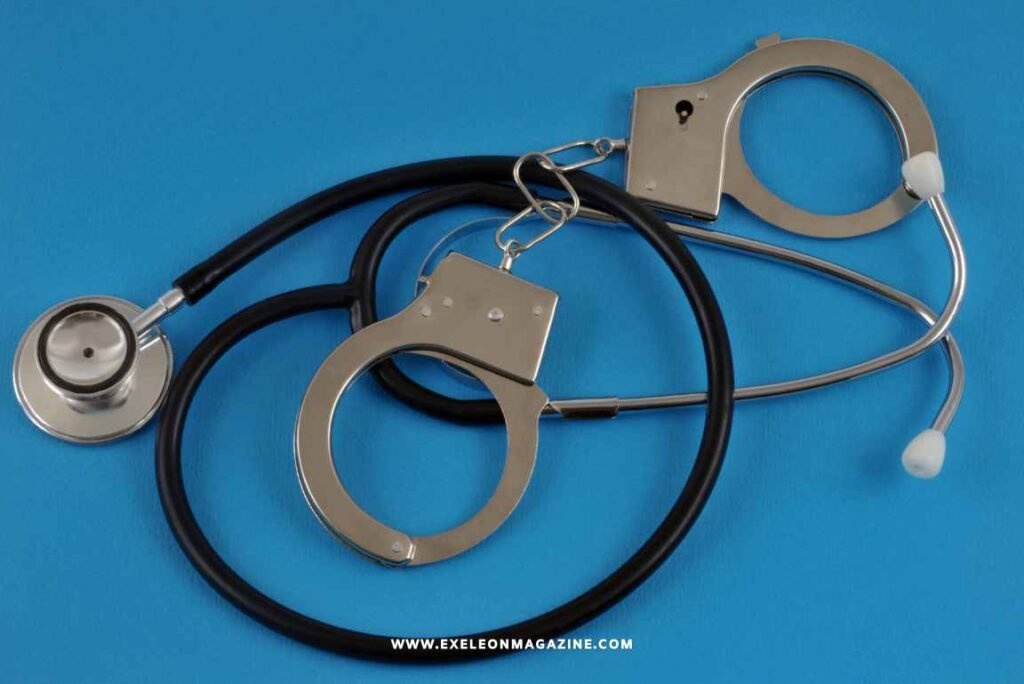Suing for misdiagnosis by a medical professional is a complex and emotionally challenging process. An inaccurate medical diagnosis can have devastating consequences on patients and their families, including prolonged suffering, unnecessary medical procedures, and even loss of life. Those affected may be left feeling frustrated, defeated, and uncertain about their futures. Adding a lawsuit on top of those feelings can be even more overwhelming, but seeking compensation through a lawsuit may be the best course of action to ensure those responsible are held accountable and that the patient receives the financial support they deserve.
The process of seeking compensation for misdiagnosis involves a series of both legal and medical steps, and each of those steps requires careful consideration and strategic planning. This article will explore the steps involved in suing for misdiagnosis, providing a comprehensive overview of the legal process, and the key considerations that patients and their families should be aware of. Understanding the challenges ahead allows patients to make informed decisions about their cases.
Due to the unique complexities of misdiagnosis cases, consulting with an attorney is highly recommended. Dedicated to helping patients seek justice and compensation for the harm they have suffered, attorneys have extensive experience in handling medical malpractice cases, including suing for misdiagnosis.
Gathering Medical Records
When suing for misdiagnosis, gathering medical records is a critical step in building a strong case. Medical records provide a detailed history of the patient’s medical treatment and help establish the standard of care, how that standard was breached, and the harm incurred as a result of that breach. Collecting and analyzing medical records allows patients and their attorneys to identify key evidence supporting their claims and build a compelling case for compensation.
Test results, doctor’s notes, treatment plans, and any other documentation related to the patient’s medical treatment should all be collected. Test results, such as labs and imaging studies, can provide valuable information about the patient’s condition and help identify any errors or misinterpretations that may have contributed to the misdiagnosis, while doctor’s notes and treatment plans can provide insight into the patient’s symptoms, diagnosis, and treatment and help establish whether the standard of care was met.
To obtain medical records, patients should request copies from their healthcare providers or medical facilities in writing and provide the necessary authorization to ensure the records are released. Once the records are received, they should be carefully organized and reviewed to identify any relevant information that supports the claim.
Creating a chronological timeline of treatment, highlighting key information, and making copies of relevant documents help build a strong foundation and increase the chances of a successful outcome.
Consulting Expert Witnesses
Consulting expert witnesses is a key step in establishing the breach of the standard of care. Expert witnesses have specialized knowledge, training, or experience in a particular field, and they play an important role in helping the court understand complex medical issues. They provide objective, unbiased opinions and help establish whether the healthcare provider met the standard of care and whether the misdiagnosis was a result of negligence or misconduct.
When suing for misdiagnosis, the experts who may be called to testify include medical professionals and specialists with expertise in the relevant field. For example, a radiologist may be called to testify about the interpretation of imaging studies, while a specialist in internal medicine may be called upon to testify about the diagnosis and treatment of a particular condition.
Attorneys will carefully select expert witnesses, ensuring they have the necessary experience and credentials to qualify as experts in court. They’ll also work closely with the experts to make sure that they understand the case; are able to provide clear, concise testimony; and are prepared for cross-examination.
Filing a Claim
Filing a claim is the formal step that initiates the legal process when suing for misdiagnosis. To file a medical malpractice claim, the patient’s attorney will typically prepare a complaint that outlines the allegations of negligence and the resulting harm. The complaint will be filed with the court, and the defendant will be served with notice of the lawsuit.
One of the most important considerations when filing a claim is the statute of limitations, which sets a deadline for filing a lawsuit. The statute of limitations varies by state, and if the deadline is missed, the patient may lose the right to seek compensation. The time limit for serving the defendant with notice of the lawsuit and the deadline for disclosing expert witnesses must also be met.
In a medical malpractice claim, patients may seek various types of damages, including economic, non-economic, and in some cases, punitive damages. Suing for misdiagnosis holds healthcare providers accountable for their actions and allows patients to receive the financial support they need to move forward.
Negotiations and Court Proceedings
After a claim is filed, negotiation is the next step in the legal process. During negotiations, the patient’s attorney will work to secure a fair settlement that reflects the extent of the harm and the defendant’s liability. This can result in a faster and less expensive resolution to the case.
If a settlement cannot be reached through negotiation, the case proceeds to trial, where a judge or jury will hear evidence and testimony from both sides. If either party is dissatisfied with the outcome of a trial, they may then choose to appeal the decision.
Pursuing Fair Compensation
Types of compensation that may be available in a misdiagnosis case include reimbursement for medical expenses, recovery of lost wages, and compensation for pain and suffering. To pursue fair compensation effectively, patients should be open and honest with their attorneys about injuries and losses and provide detailed information about their medical treatment and expenses.
Working with an experienced law firm like Warren Allen LLP in Portland, OR, provides personalized attention and dedicated advocacy. Medical malpractice attorneys ensure patients’ rights are protected and their interests are represented throughout the entire process.










